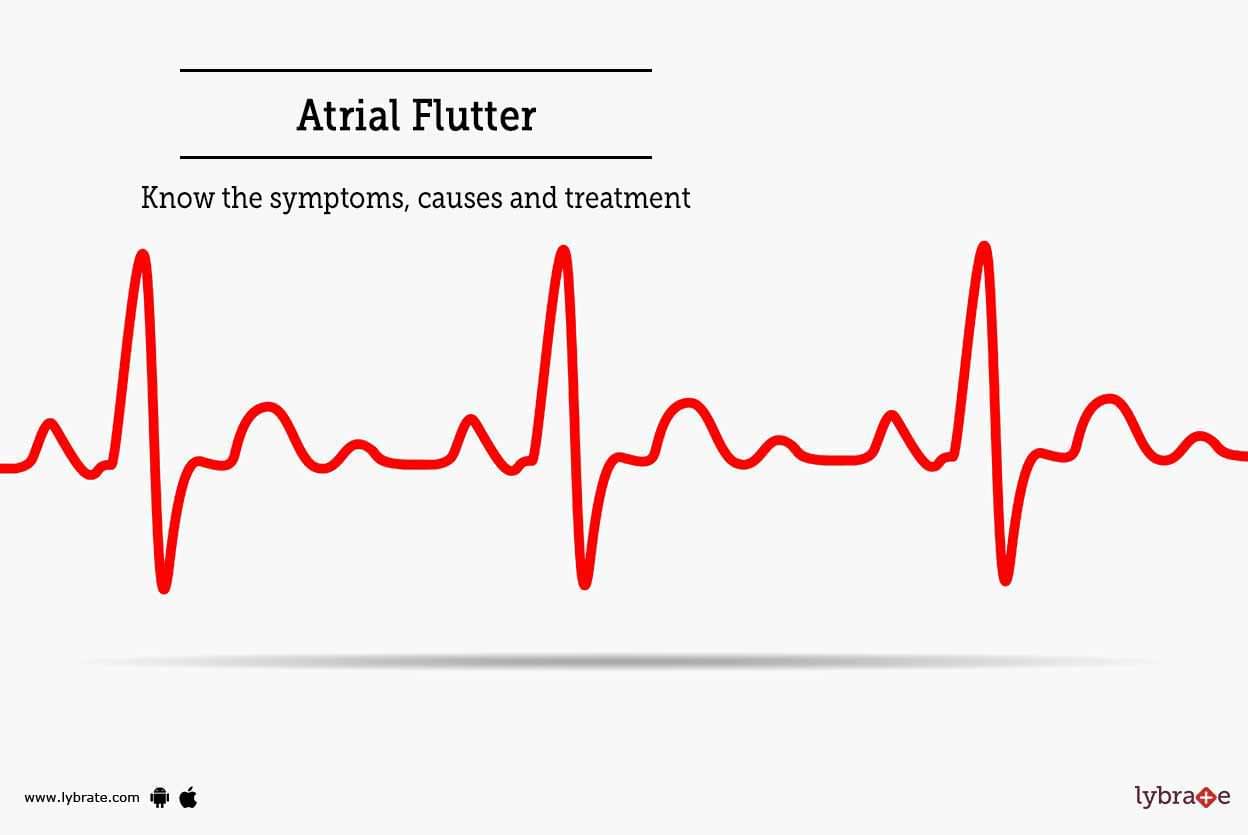

There are many factors that contribute to a successful recovery after a medical event. Some of the factors that are considered when prescribing treatment include the presence of congestive heart failure or hypertension, age, diabetes, vascular disease, and gender. Therefore, doctors often prescribe medications to reduce stroke risks like anticoagulants. There are medications that can slow a heart rate and reduce symptoms but these medications do not fix the heart’s abnormal rhythms. If the cause is hyperthyroidism, treating that issue may make the atrial fibrillation disappear. Sometimes treatment can be as simple as skipping the caffeine in your morning cup of coffee. A final category is non- valvular atrial fibrillation, which refers to an irregular heartbeat not related to a heart valve problem.Ĭontrolling atrial fibrillation and therefore reducing your stroke risk, requires a careful assessment of the underlying causes. Without treatment, paroxysmal fibrillation can become permanent atrial fibrillation. Long-standing atrial fibrillation describes a heart that is has an irregular beat lasting longer than 12 months, and permanent atrial fibrillation occurs when the heart is consistently experiencing an irregular heartbeat. The heart will not return to its normal pattern without treatment. Persistent atrial fibrillation describes an irregular heartbeat that continues for longer than seven days. A person may have several episodes a year but the heart is able to return to a normal rhythm, sometimes without treatment.

Paroxysmal fibrillation describes an irregular heartbeat that returns to normal within seven days. Many of these symptoms are similar to symptoms of a heart attack or stroke so it is always wise to see a doctor when these symptoms arise, even if they are temporary.Īlthough the symptoms are similar, there are several types of atrial fibrillation. Chest pain or pressure is also a sign of atrial fibrillation. Others notice a feeling of fatigue when exercising or experience excessive sweating. Some people become confused or even faint. There may also be some dizziness, shortness of breath or general weakness. The most significant is a sudden rapid heartbeat that may feel like fluttering or thumping in the chest. Not everyone with atrial fibrillation experiences symptoms but many do find a change in their health. Whether you have been diagnosed or not, it’s wise to be aware of this significant health condition. Since some people with atrial fibrillation experience no symptoms, it’s important to have regular physicals where your heart is checked. In a 2009 survey, patients with atrial fibrillation were asked if they thought it was a serious condition and only about a third of them were aware that atrial fibrillation provides a serious health risk. Untreated atrial fibrillation doubles your risk of a heart-related death and is associated with a five-fold increased risk for stroke, according to the American Heart Association. Having a heart that flutters once in a while may sound harmless, but this flutter feeling may be atrial fibrillation, an abnormal firing of the electrical impulses that cause the top chambers in the heart to quiver.


 0 kommentar(er)
0 kommentar(er)
